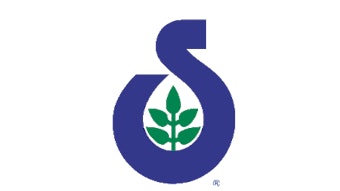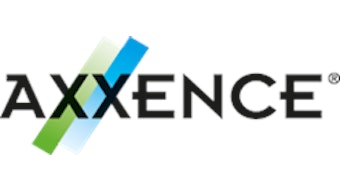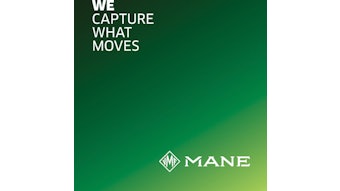
Symrise and 32 other companies and organizations jointly support the Initiative for Sustainable Agricultural Supply Chains (INA) and a national supply chain act which the German federal government is planning to pass by the beginning of 2021.
The INA will create binding duties of responsible behavior in relation to human rights and environmental friendliness for companies.
Previously: Symrise Posts H1 2020 Growth Despite Market Difficulties.
Symrise has firmly anchored sustainability in its corporate strategy and it shapes its entire global value chain. The company’s goals include increasing the sustainable procurement of strategic agro- and aquaculture raw materials to 100% by 2025.
Symrise has become involved in the INA and supports the drafting of a national supply chain act by the German government.
Previously: Symrise Creates Fine Fragrance Oasis: L’appartement Étoile.
In the alliance, a total of 33 companies and organizations are committed to binding duties of responsible behavior for companies. They pursue their own individual sustainability objectives and emphasize that supply chains that have been created in a responsible way can make it possible to have more legal certainty and equal competitive conditions.
The INA offers, a platform for exchanging knowledge and, at the same time, operates sustainability projects in Colombia, Ethiopia and West Africa. It was founded in 2018 on the initiative of the Federal Ministry for Economic Cooperation and Development and is run by the German Society for International Cooperation (GIZ).
“As a global company, climate protection and sustainable supply chains are especially important for us,” says Bernhard Kott, chief sustainability officer at Symrise. “To achieve this, we rely on transparency and traceability to achieve full control along the value chain. Our suppliers must adhere to our code of conduct, which in addition to full details on the source of raw materials includes factors like human rights, health and environment.”
“We are convinced that the protection of biodiversity, sustainable supply chains and the goal of being climate-positive by 2030 will make a lasting contribution to our business success.”









